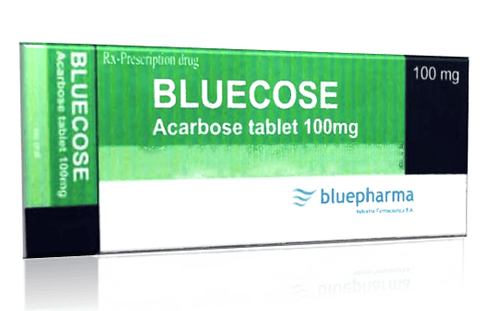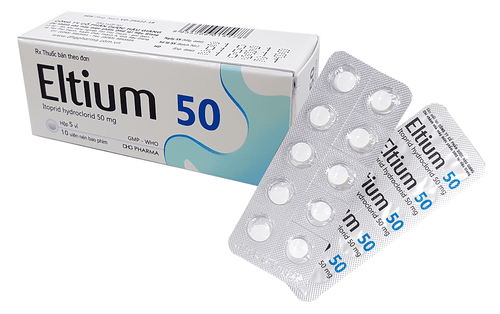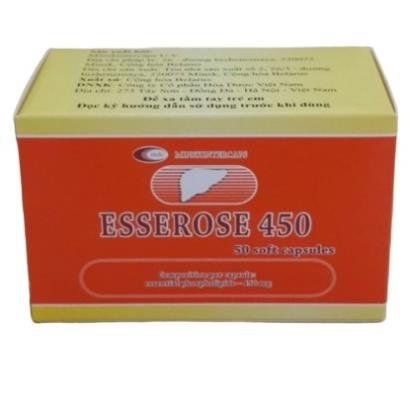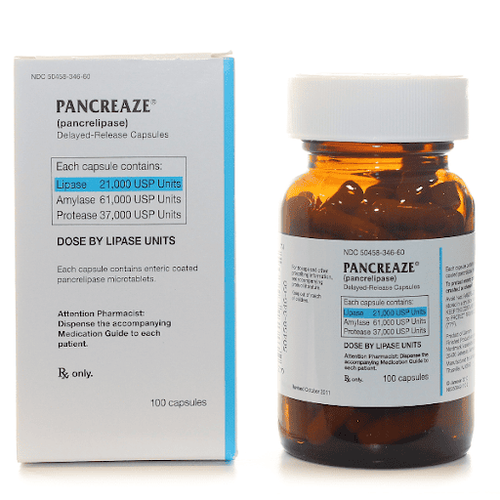This is an automatically translated article.
If you are HIV/AIDS positive, nutrition and HIV/AIDS are an issue that requires special attention. That's because your body will go through changes, both due to the medication and the disease itself. For example, you may experience excessive weight loss, infection, or dystrophy. Improving your diet can improve your health and how you feel.
1. What is HIV/AIDS?
HIV/AIDS (human immunodeficiency virus) is a virus that attacks the cells that help the body fight infection, making a person more susceptible to infections and other illnesses. It is spread by contact with certain bodily fluids of someone with HIV, most commonly during unprotected sex (sex without a condom or HIV medication to prevent or HIV treatment), or through sharing drug-injecting equipment.
If left untreated, HIV can lead to AIDS (acquired immunodeficiency syndrome). The human body can't get rid of HIV, and there is no effective cure for HIV. So once you get HIV, you'll have it for life.
However, by taking HIV medicines (called antiretroviral therapy or ART), people with HIV can live long and healthy lives and prevent HIV transmission to their sexual partners. In addition, there are effective methods to prevent HIV transmission through sex or drug use, including pre-exposure prophylaxis (PrEP) and post-exposure prophylaxis (PEP). Along with drug treatment, people with HIV/AIDS must have a reasonable and healthy diet to improve their health status.
First identified in 1981, HIV is the cause of one of humanity's most persistent and deadly epidemics.
2. Why are Nutrition and HIV/AIDS related?
If you are HIV positive, good nutrition may have some benefits. It can:
Improve your overall quality of life by providing the nutrients your body needs. Keep your immune system stronger so you can fight disease better. Helps manage HIV symptoms and complications. Treat medications and help manage their side effects.
3. Basic principles of nutrition and HIV/AIDS
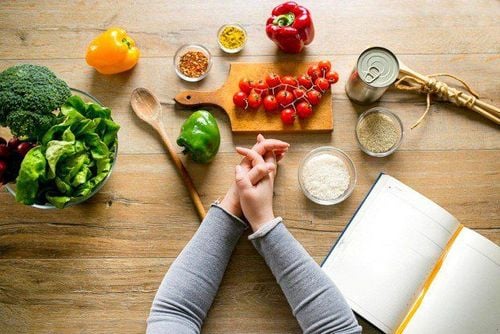
Người bệnh HIV cần tuân thủ các nguyên tắc ăn uống nào?
The basic principles of healthy eating will also help if you are HIV positive. These guidelines include:
Eat a diet rich in vegetables, fruits, whole grains and legumes Choose lean, low-fat sources of protein Limit sweets, soft drinks and foods with added sugars Include protein, carbohydrates and a good bit of fat in all meals and snacks. Here's more specific information to help you get started with a healthier eating plan.
3.1. Calories
Calories are the energy in foods that fuel your body. To maintain lean body mass, you may need to increase your calorie intake. To get enough calories:
Consume 17 calories per pound of body weight if you are maintaining your weight. Consume 20 calories per pound if you have an opportunistic infection. Consume 25 calories per pound if you are losing weight.
3.2. The protein
Protein helps build strong muscles, organs and immune system. To get the right proteins:
Aim for 100-150 grams per day, if you are an HIV-positive man. Aim for 80-100 grams per day, if you're an HIV-positive woman. If you have kidney disease, get no more than 15%-20% of your calories from protein; Too much can put stress on your kidneys. Choose lean pork or beef, skinless chicken breast, fish, and low-fat dairy products. For more protein, spread nut butter on a fruit, vegetable, or toast; adding cheese to sauces, soups, potatoes, or steamed vegetables; Add canned tuna to salads or casseroles.
3.3. Carbohydrates
Carbohydrates give you energy. To get the right carbohydrates:
Eat five to six servings (about 3 cups) of fruits and vegetables each day. Choose products with multiple colors to get the most nutrients. Choose legumes and whole grains, such as brown rice and quinoa. If you're not sensitive to gluten, whole wheat flour, oats, and barley may be fine. If so, eat brown rice, quinoa, and potatoes as your starch sources. If you have diabetes or prediabetes or have insulin resistance, most of your carbohydrates should come from vegetables. Limit simple sugars, such as candy, cakes, cookies, or ice cream.
3.4. Fat
Fat provides extra energy. To get the right kind of fat:
Get 30% of your daily calories from fat. Get 10% or more of your daily calories from monounsaturated fats. Examples: nuts, seeds, avocados, fish, canola oil and olives Get less than 10% of your daily calories from polyunsaturated fats. Examples: fish, walnuts, flaxseed and corn, sunflower, soybean and safflower oils Get less than 7% of your daily calories from saturated fat. Examples: fatty meats, skinless poultry, butter, whole dairy foods, coconut and palm oils.
3.5. Vitamins and minerals
Vitamins and minerals regulate your body's processes. People with HIV need vitamin and mineral supplements to help repair and heal damaged cells. Eat foods rich in vitamins and minerals, which can help boost your immune system:
Vitamin A and beta-carotene: vegetables and fruits that are dark green, yellow, orange, or red; liver; whole eggs; Milk B vitamins: meat, fish, chicken, whole grains, nuts, white beans, avocados, broccoli and green leafy vegetables Vitamin C: citrus fruits Vitamin E: green leafy vegetables, peanuts and vegetable oils Selenium: whole grains, nuts, poultry, fish, eggs and peanut butter Zinc: meat, poultry, fish, beans, peanuts, milk and other dairy products Because it is difficult to get enough get all the nutrients you need from food, your healthcare provider may recommend a multivitamin/mineral tablet (without added iron). Check the label to make sure it provides 100% of the recommended daily intake (RDA). Discuss with your doctor what you are taking - more is not always better. If you don't eat at least three servings of high-calcium foods (green leafy vegetables or dairy) each day, you may need to add calcium-fortified foods to your diet. However, this is controversial and much research is being done on the subject.
4. Nutrition and HIV/AIDS: Tips for Coping with Special Problems

Your body may react differently to HIV and you may also experience side effects from the medication. Here are tips for dealing with some of the most common problems:
4.1. When you have nausea and vomiting
Try bland, low-fat dishes, such as plain pasta, canned fruit, or plain broth. Eat small meals every 1-2 hours. Avoid greasy or spicy foods, or foods with strong odors. Drink ginger tea or ginger beer. Eat more cold foods and less hot foods. Rest between meals, but do not lie flat. Ask your doctor about medications for nausea.
4.2. When you have diarrhea
Drink more fluids than usual. Try diluted juice or Gatorade. Limit milk and sugary or caffeinated beverages. Eat slowly and more often. Avoid fatty foods. Try a diet (banana, rice, apple sauce and toast) for a short while. Instead of fresh produce, try thoroughly cooked or canned vegetables. Try a calcium carbonate supplement or a fiber supplement like sponge cake.
4.3. When you have anorexia
Exercise to help whet your appetite. Do not drink too much right before a meal. Eat with family or friends, making the meal as appealing as possible. Try smaller and more frequent meals. Includes a wide variety of textures, shapes and colors. Ask your doctor about appetite stimulants.
4.4. When you lose too much weight
Include more protein, carbohydrates and fats in your diet. Use cream or half and half for cereal. Add ice cream to dessert. Eat dried fruit or nuts for a snack. Ask your doctor about medications that stimulate appetite and treat nausea.
4.5. Having problems with mouth and swallowing
Eat soft foods like yogurt or mashed potatoes. Avoid raw vegetables; cook them instead. Choose softer fruits, such as bananas or pears. Stay away from acidic foods, such as oranges, lemons, and tomatoes. See your doctor to make sure you don't have an opportunistic infection or need further diagnostic testing. Vinmec International General Hospital is one of the hospitals of professional quality with a team of leading medical professionals, a system of modern equipment and technology. The hospital provides comprehensive, professional, non-custodial, civilized, polite, safe and sterile medical examination and treatment services. Customers when choosing to perform tests here can be completely assured of the accuracy of test results.
Please dial HOTLINE for more information or register for an appointment HERE. Download MyVinmec app to make appointments faster and to manage your bookings easily.
5. What should people with HIV/AIDS eat?
5.1. Eat lots of fruits and vegetables
They contain many nutrients called antioxidants, which help protect your immune system. Aim to have five to nine servings of product per day. An easy way to achieve that goal is to fill half your plate with fruit and vegetables at every meal. Eat a variety of products to get the most vitamins and minerals.
5.2. Eat lean protein
Your body uses it to build muscles and a strong immune system. Choose healthy foods like lean beef, poultry, fish, eggs, beans, and nuts.
You may need to eat more protein if you are underweight or in the later stages of HIV. Your doctor can help you find the right amount for you.
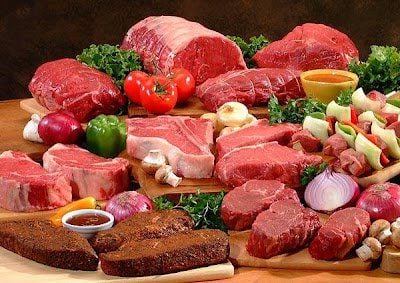
Các loại protein nạc
5.3. Choose whole grains
Like the gas in a car, carbs provide your body with energy. That makes whole-grain carbs, like brown rice and whole-wheat bread, the premium fuel.
They are packed with B vitamins and energy-boosting fiber. And when you eat more fiber, that can reduce your risk of a fat build-up known as lipodystrophy, a potential side effect of HIV.
5.4. Limit your sugar and salt
Whether it's the virus or the medication you're taking, HIV increases your chances of getting heart disease. Too much sugar and salt can harm your code. So try to get less than 10% of your calories each day from foods and drinks with added sugar. You also shouldn't have more than 2,300 milligrams of sodium per day.
5.5. Eat healthy fats in moderation
Fat provides energy but also contains many calories. If you're not trying to gain weight, limit your intake. Heart-healthy options include nuts, vegetable oils, and avocados.
5.6. Drink a lot of water
Most people don't drink enough water. Make sure to drink at least 8 to 10 cups of water or other healthy beverages each day. Fluids help carry nutrients and remove used medications from your body. They can also boost your energy levels and keep you hydrated. You will need to drink more if you have diarrhea or nausea.





